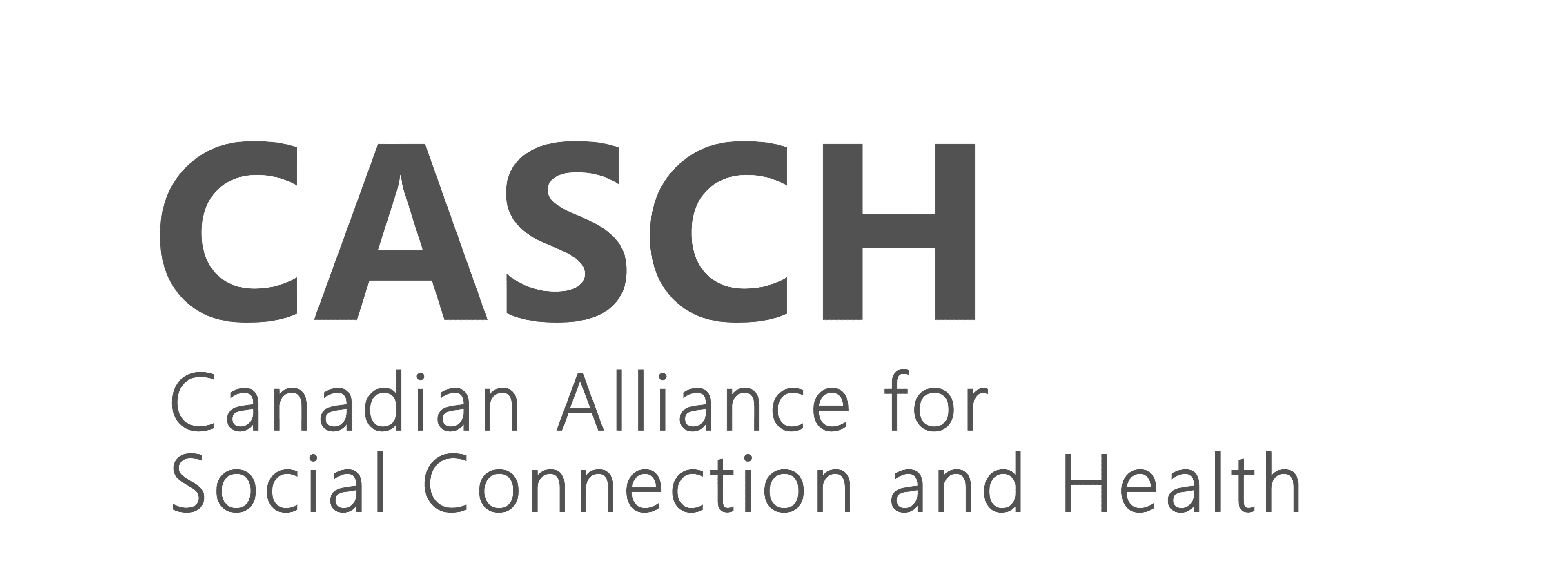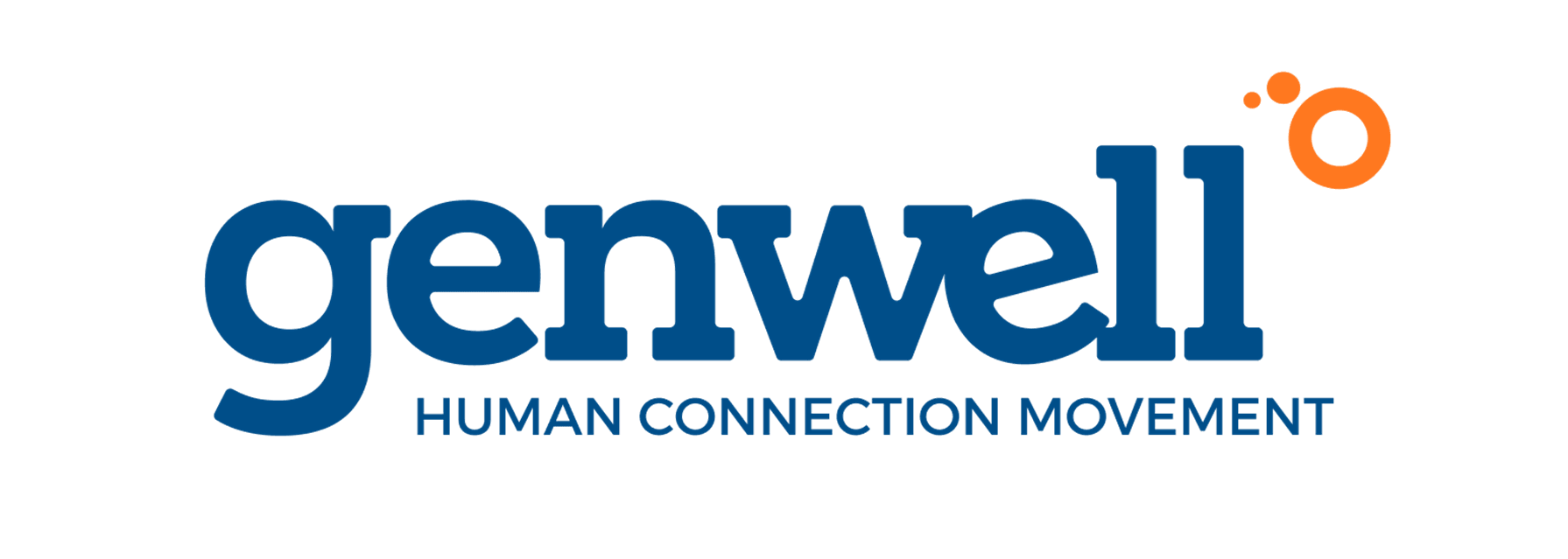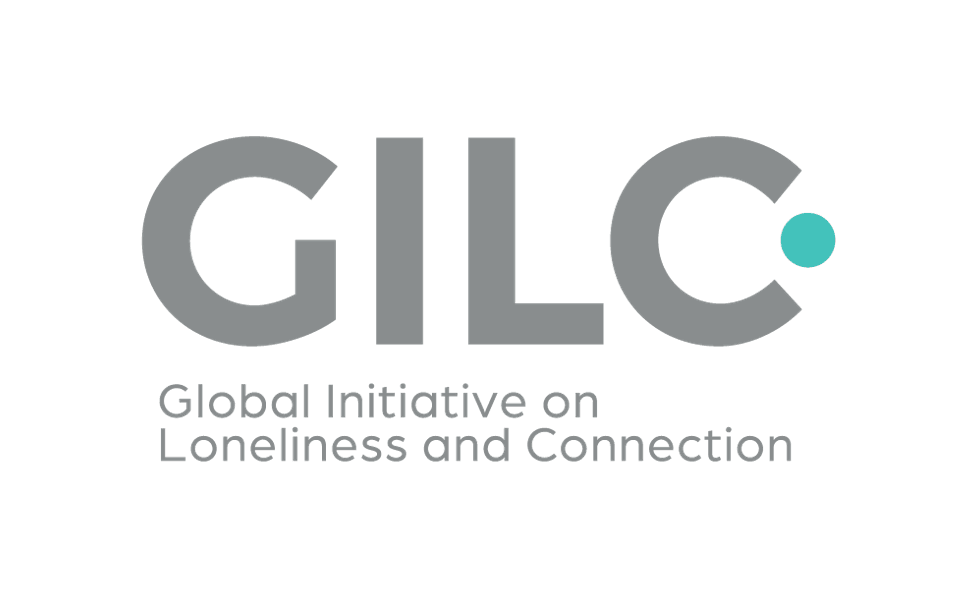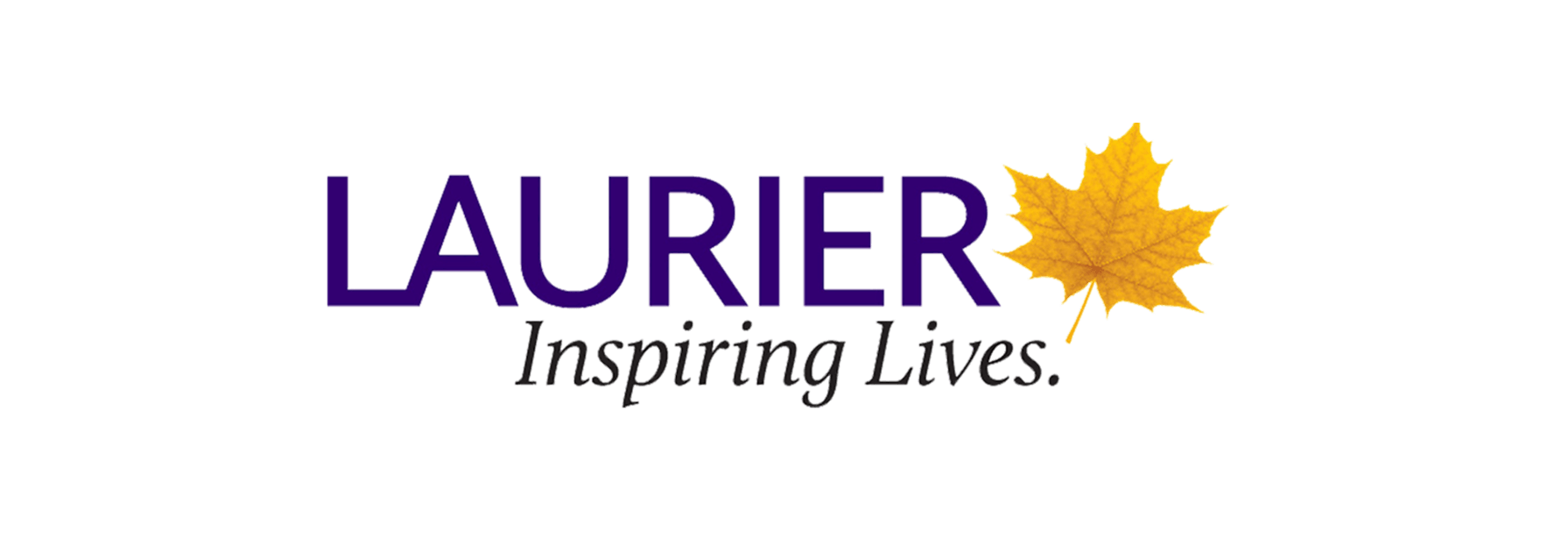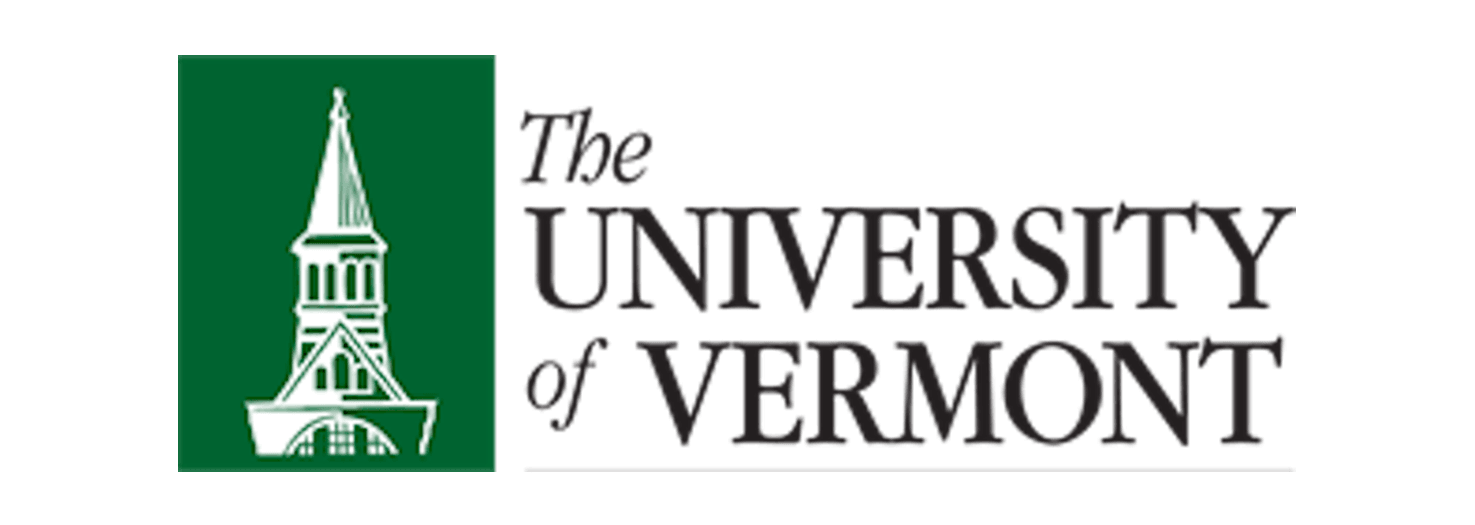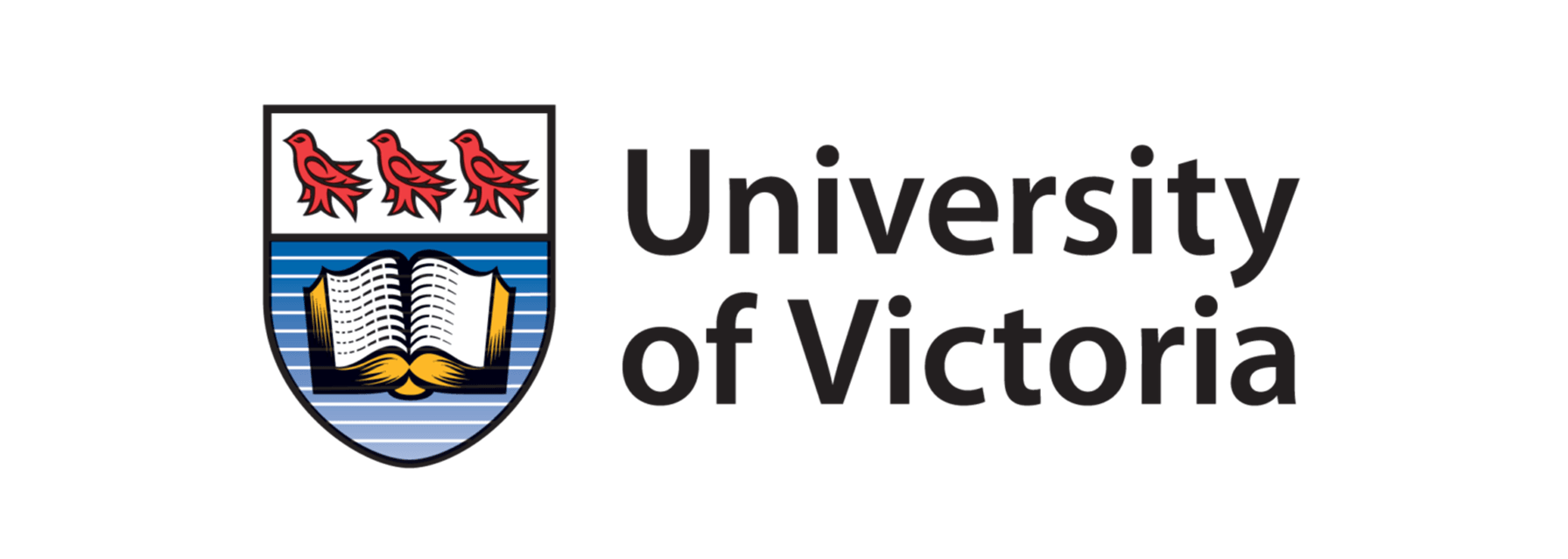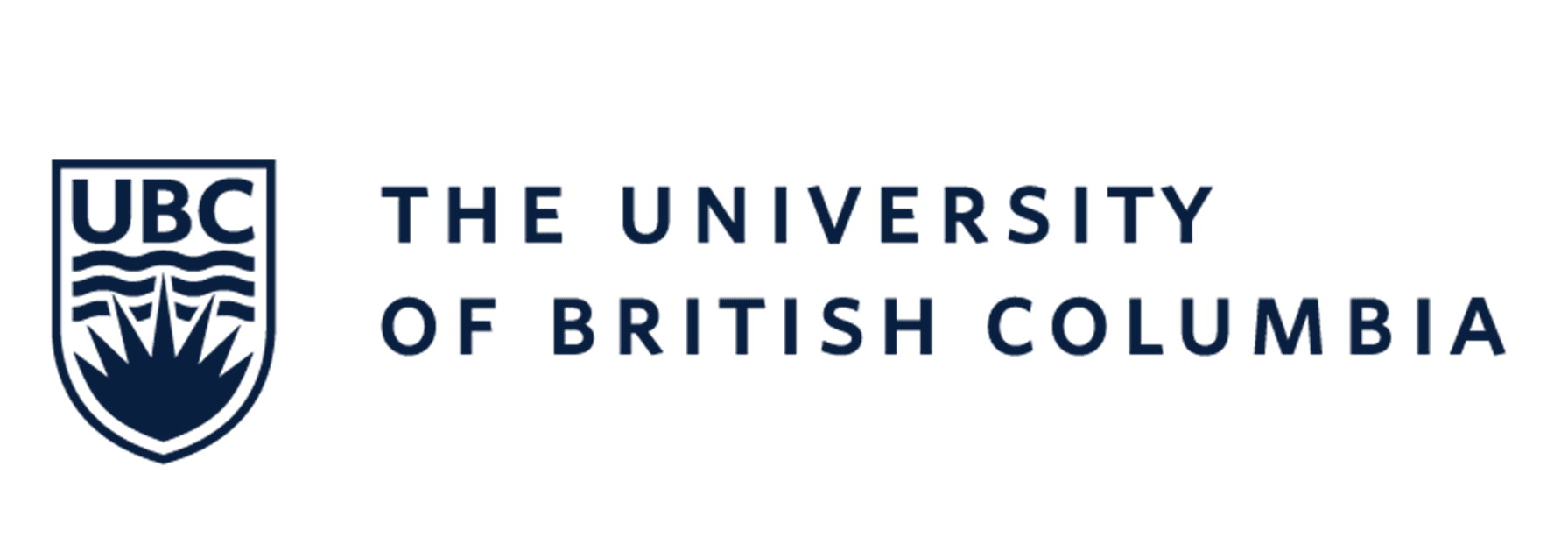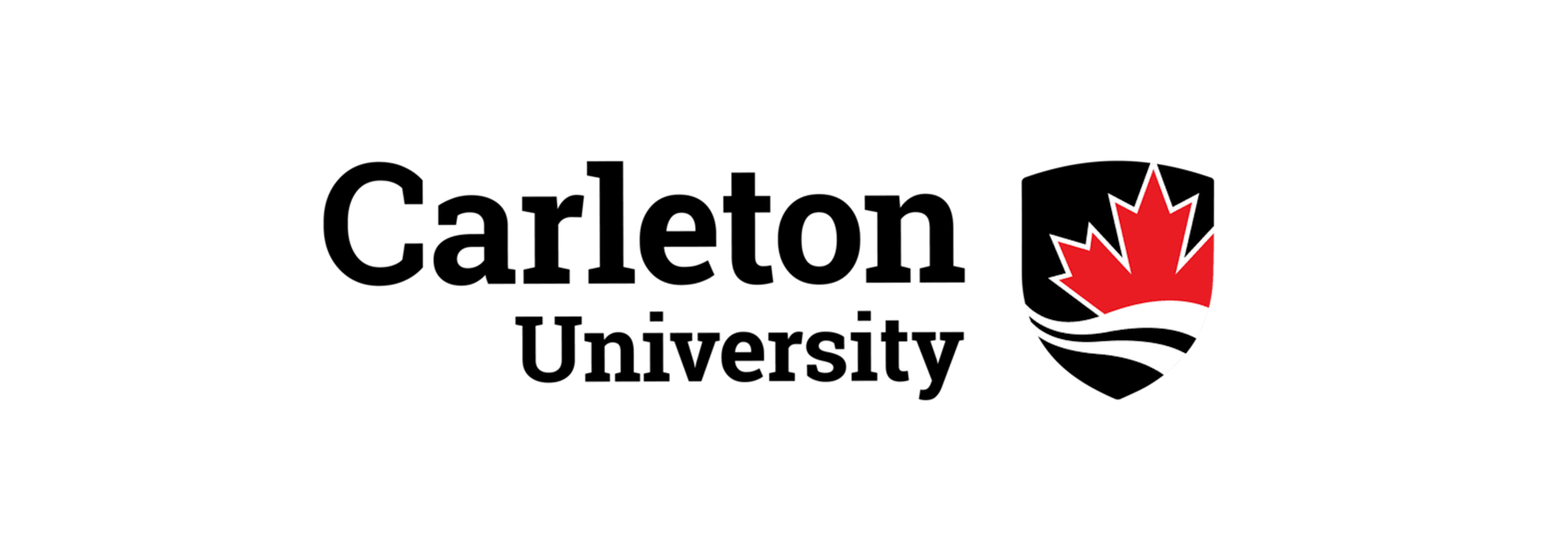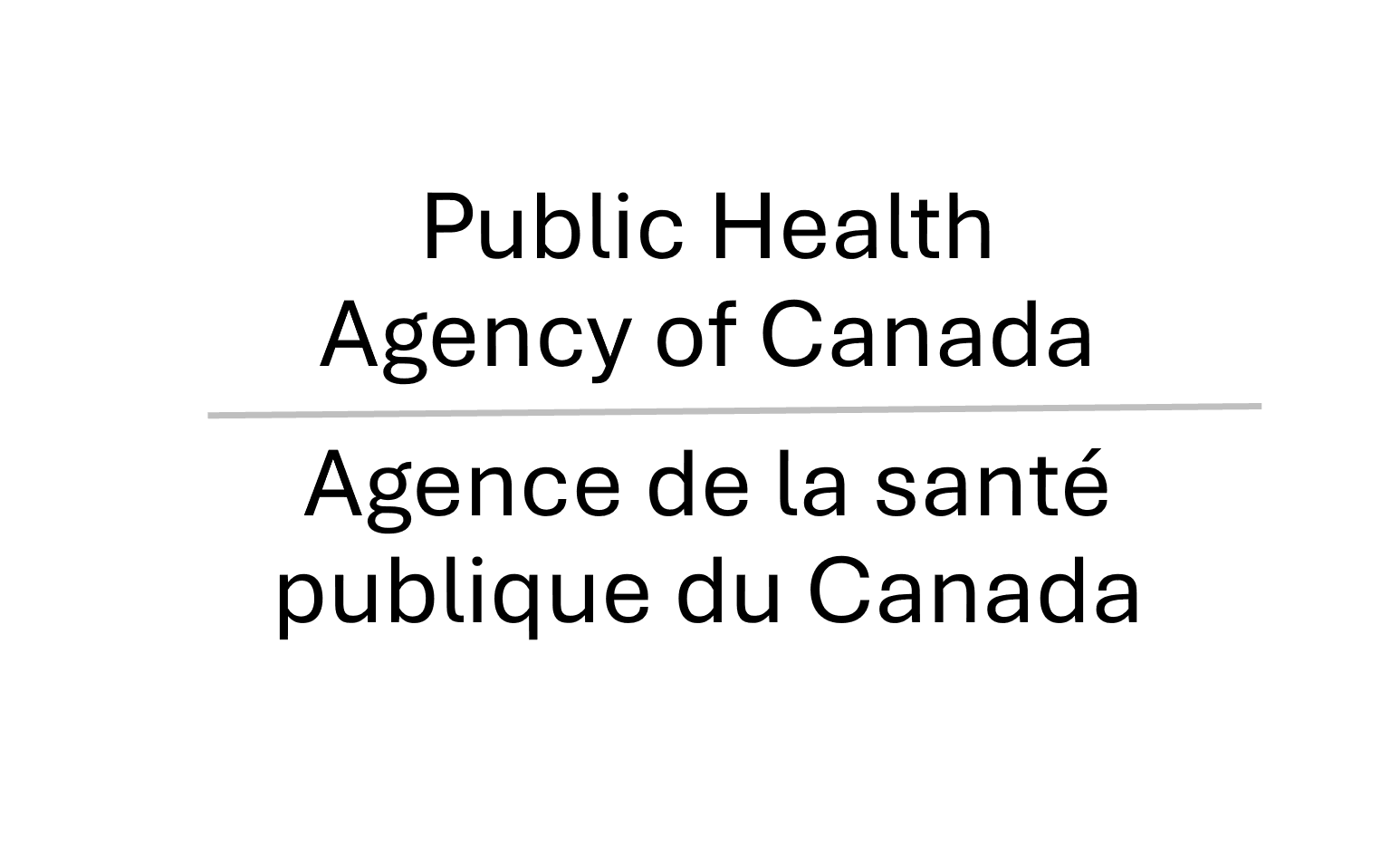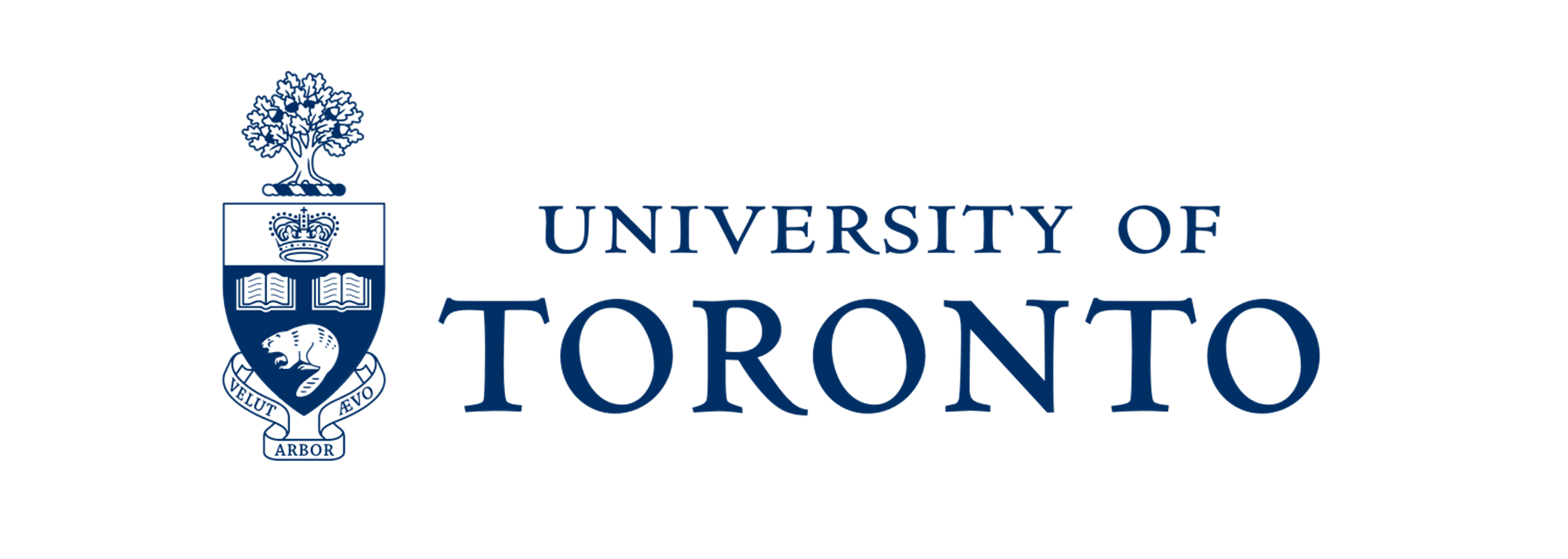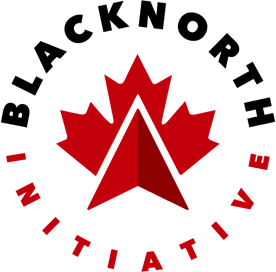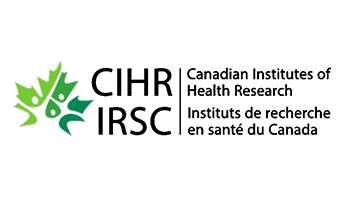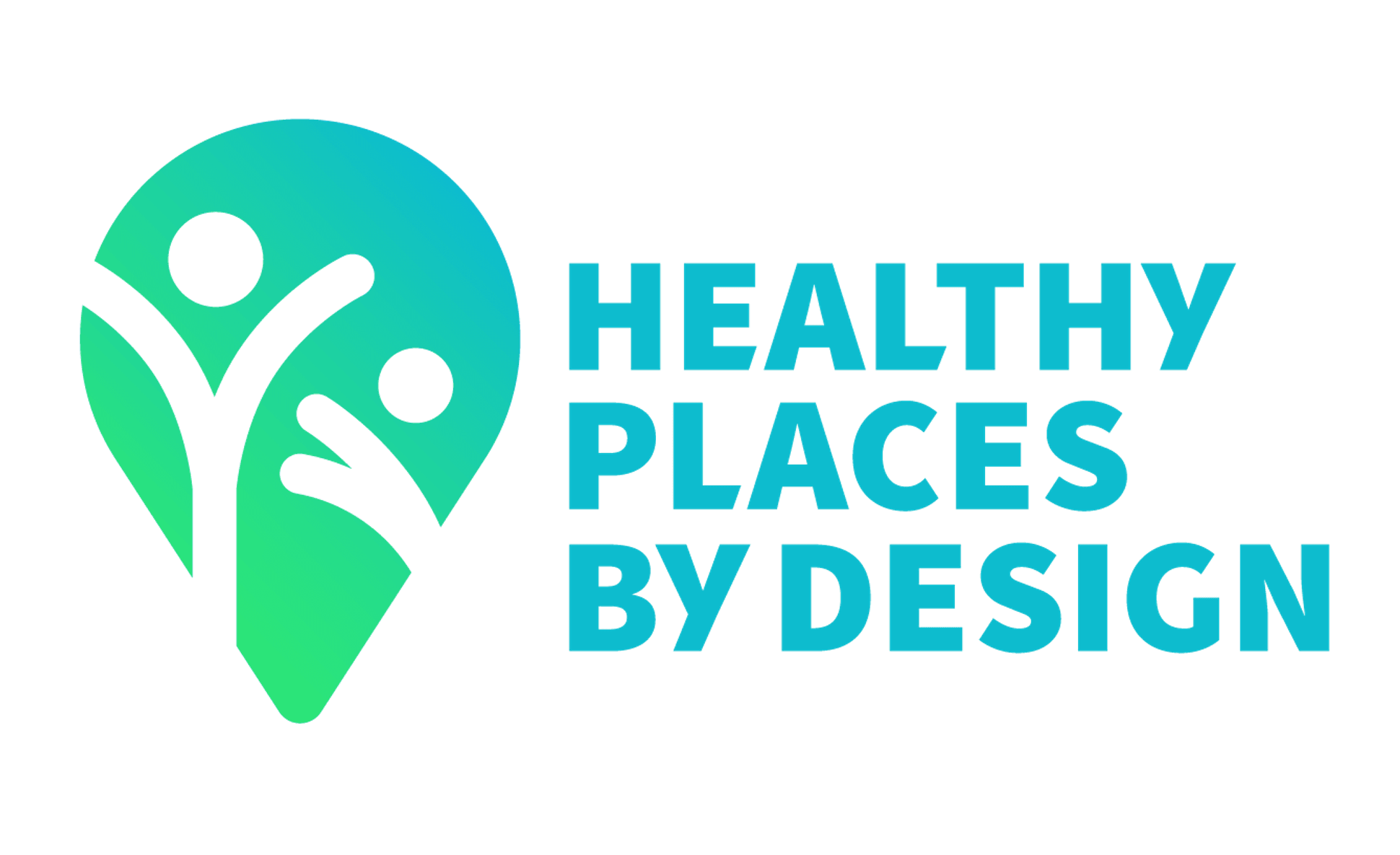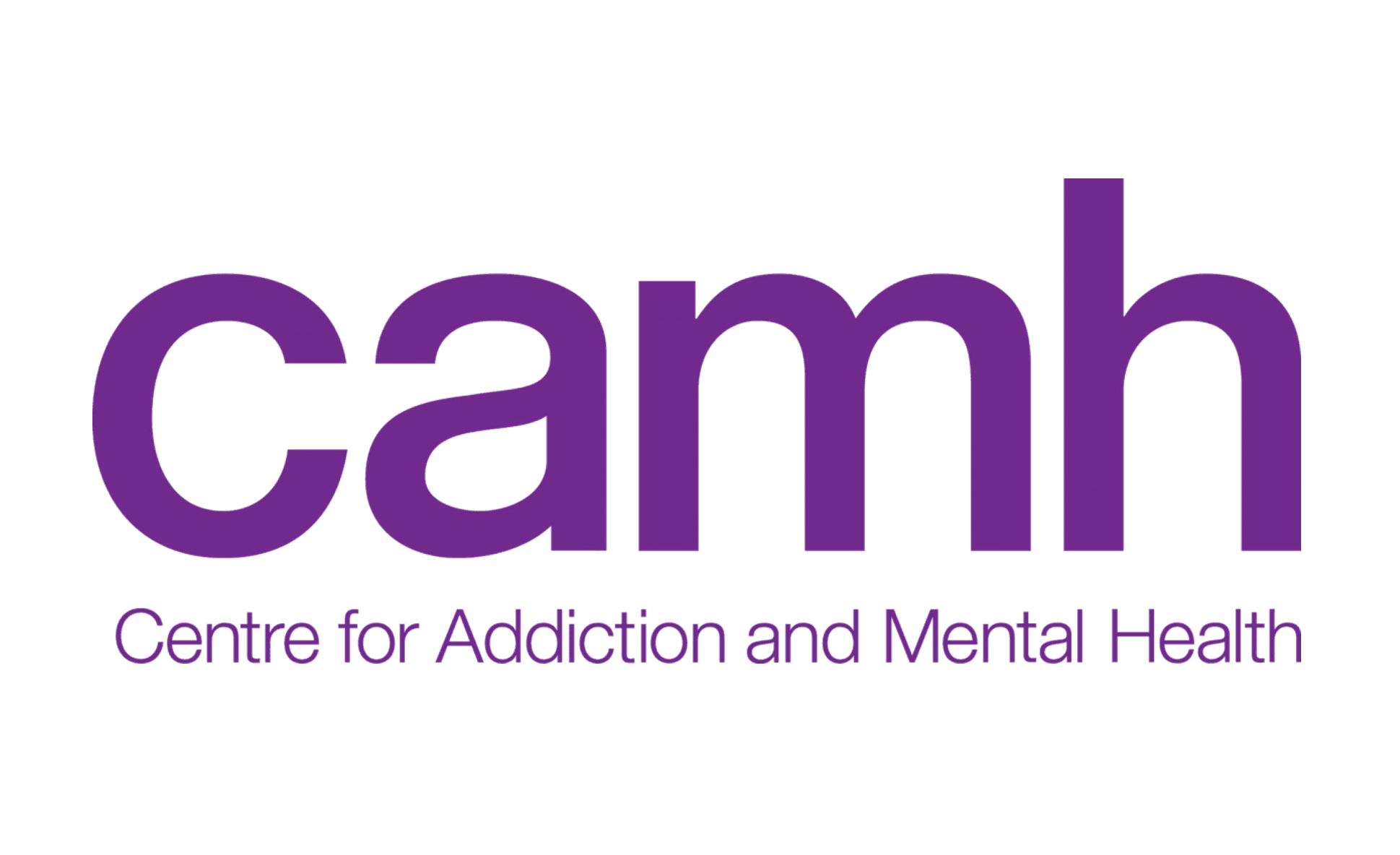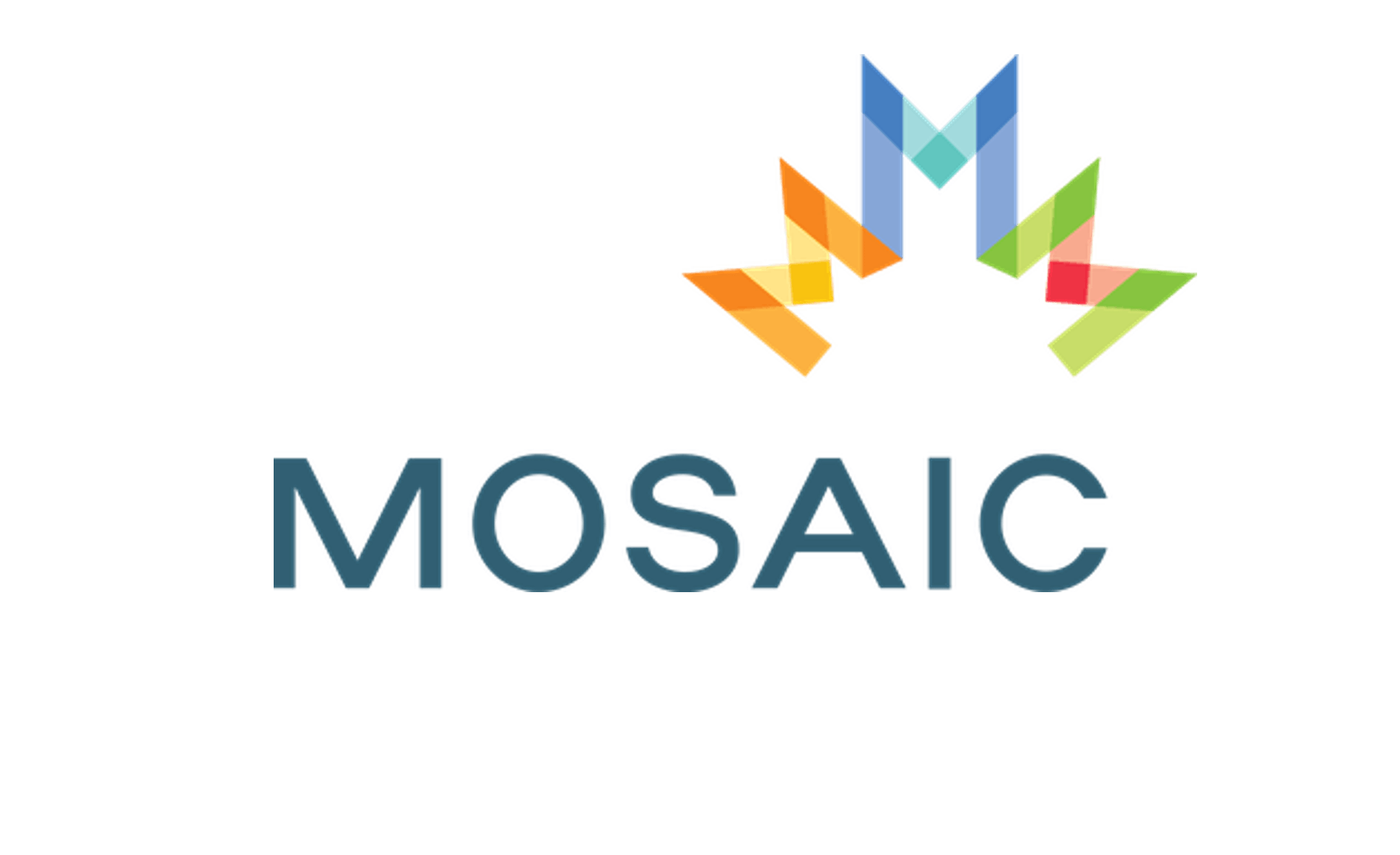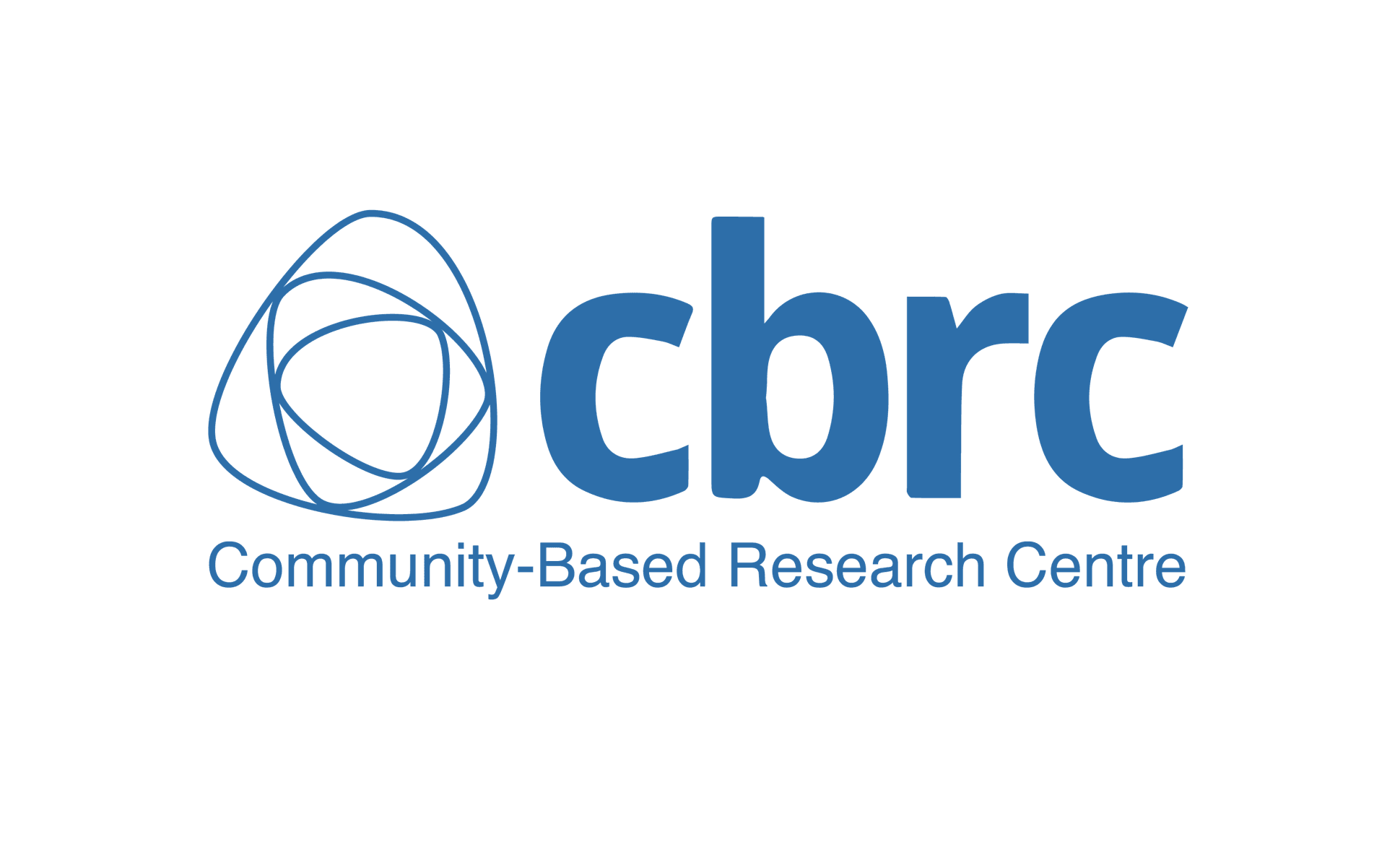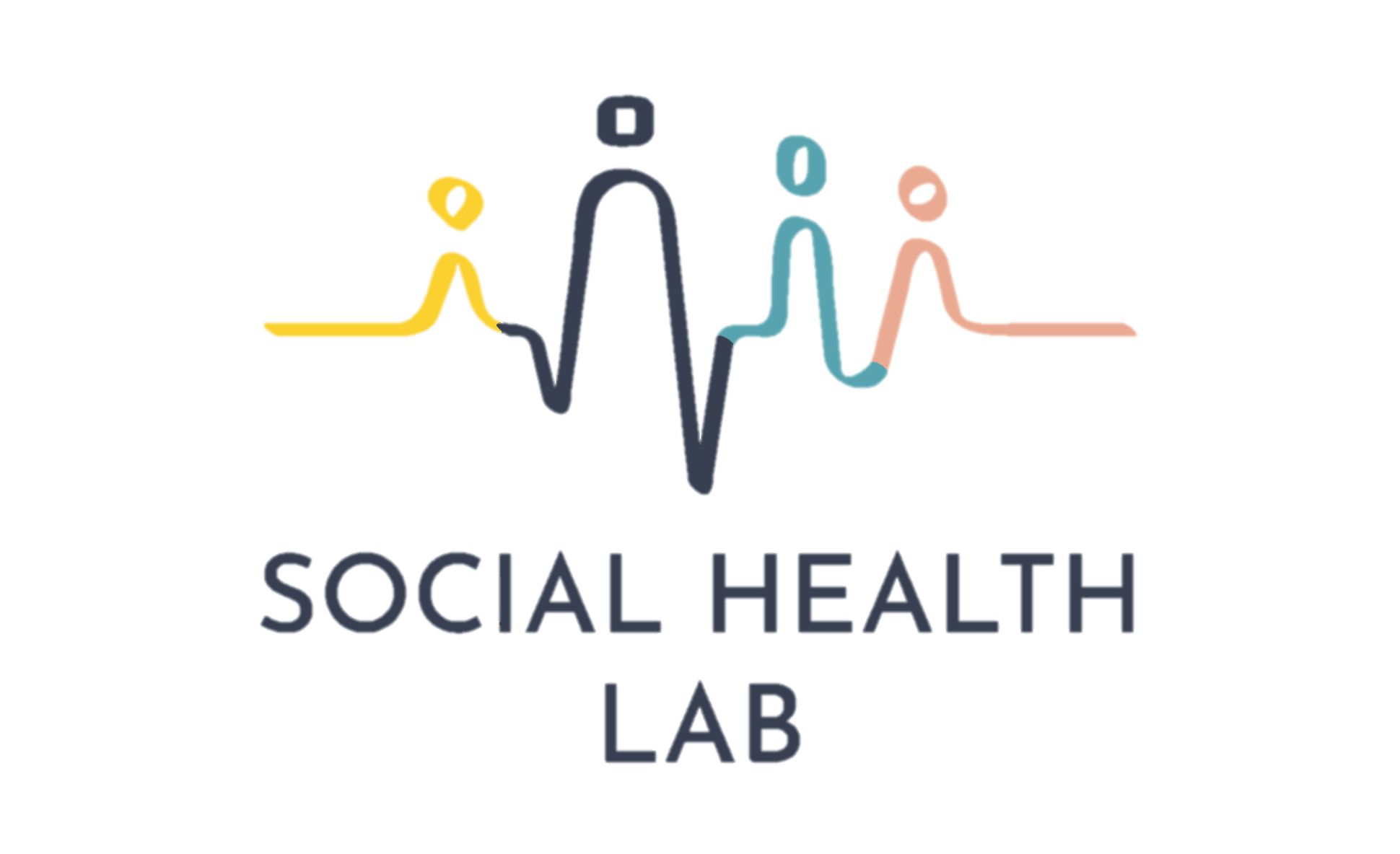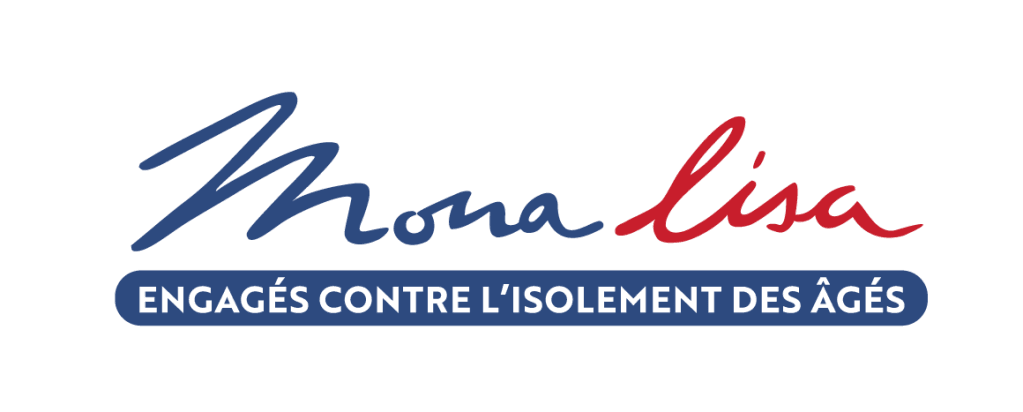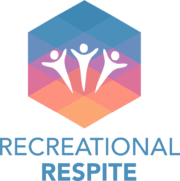Social connection is a major driver of health and wellbeing.




Even if individuals are not aware of the extent to which social connection shapes their health and wellbeing, most of us intuitively know that our relationships are important to how we think and feel. Yet, many of us fail to get the social connections we need. This is because we have limited time and energy; we feel social anxiety and stress; and our culture tends to prioritize social interactions near the bottom of our busy to-do lists.
For these reasons, we've set out to develop public health guidelines for social connection that can help raise awareness of the importance of social connection and help each other prioritize it in our lives and communities.
Learn more about our efforts below!
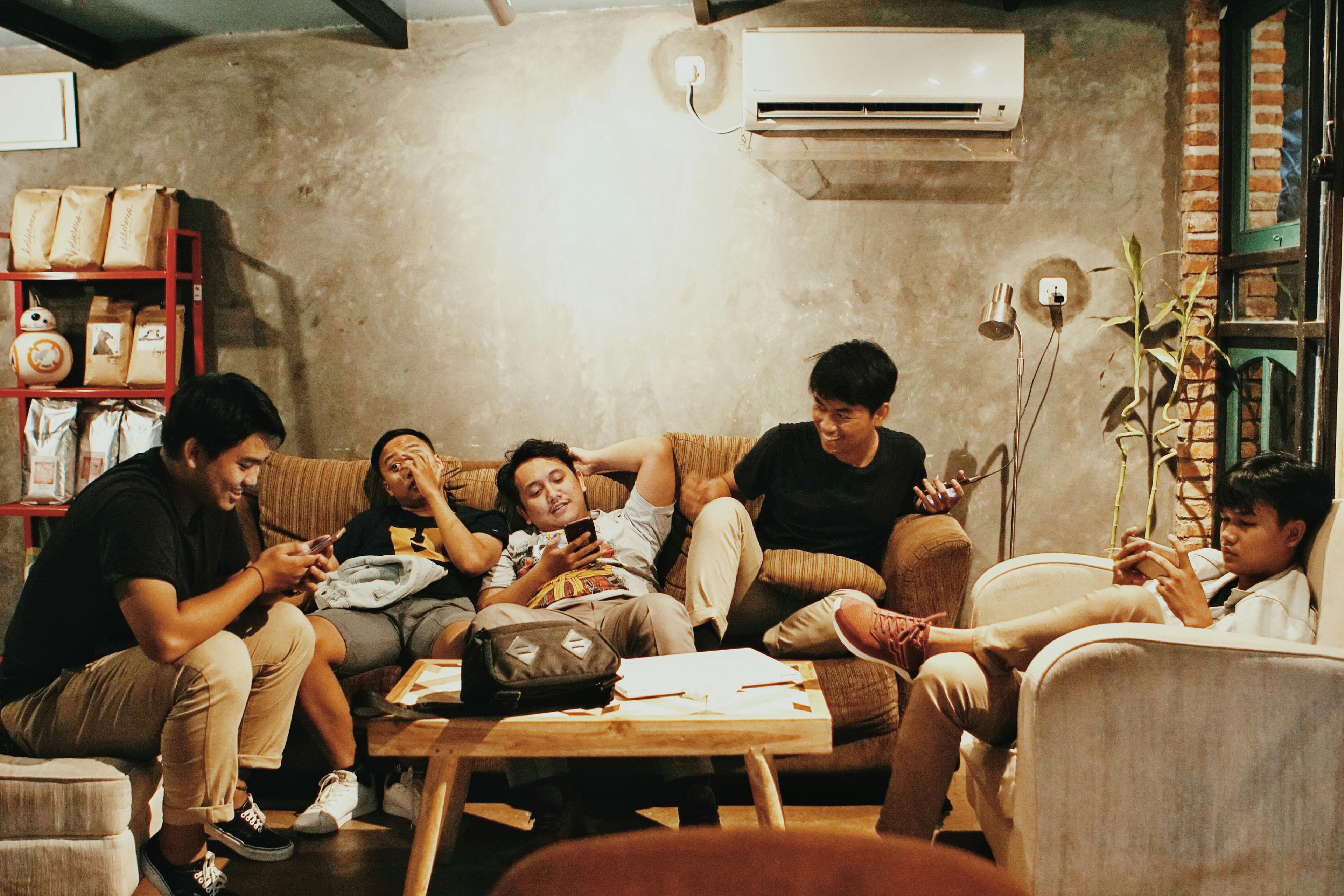
Our mission
Our mission is to promote the vital role of social connection in enhancing individual and community well-being. By advocating for the adoption of evidence-based public health guidelines, we aim to empower individuals and communities to prioritize meaningful relationships, fostering happiness and cohesion in the face of modern challenges.
- Raise Awareness
- Increase understanding of the critical impact of social connection on health and well-being across diverse communities.
- Promote Adoption of Guidelines
- Encourage individuals, organizations, and policymakers to implement our 12 public health guidelines to foster social connection.
- Enhance Community Engagement
- Facilitate community-driven initiatives that create opportunities for social interactions and strengthen local bonds.
- Integrate Lived Experience and Evidence
- Incorporate the insights and perspectives of individuals who have faced social isolation to ensure our guidelines resonate with real-world needs, while also adhering to the best evidence available.
- Collaborate with Stakeholders
- Partner with institutions, organizations, and researchers to enhance the effectiveness and reach of our guidelines.
- Evaluate Impact and Effectiveness
- Continuously assess the outcomes of implemented guidelines to refine and improve strategies for fostering social connection.
Our process
Our guideline development process is rooted in collaboration, bringing together a diverse range of stakeholders, including researchers, community members, and public health experts. By integrating evidence from research with the lived experiences of individuals, we ensure that our guidelines are both practical and relevant.
Through inclusive discussions and workshops, we identify the most effective strategies for promoting social connection, creating a framework that is purpose-driven and tailored to the unique needs of different communities. This strategic effort enables us to build comprehensive guidelines that foster meaningful relationships and enhance overall well-being.
Funding is secured
After a year of collaboration with GenWell, the Canadian Institutes for Health Research (CIHR) funded our collaboration to develop recommended public health guidelines for social connection.
Evidence review begins
We begin gathering and assessing the empirical evidence that will inform the development of guidelines.
Expert engagement begins
Global experts on social connection and health are convened for a consensus-building study to identify potential guidelines.
Public consultation begins
Public consultations on social connection guidelines begin through surveys and focus group interviews with key populations.
Our team
Our team is built on a unique academic-community partnership, with GenWell and the Canadian Alliance for Social Connection and Health serving as the backbone of our network of collaborators. This partnership has paved the way for the creation of our public health guidelines for social connection. Comprising passionate individuals from diverse backgrounds in research, public health, and community building, our contributors bring a wealth of knowledge and lived experience to the development process. Together, we work collaboratively to ensure our recommendations are not only impactful but also grounded in the realities of everyday life. Meet the dedicated people behind our mission!
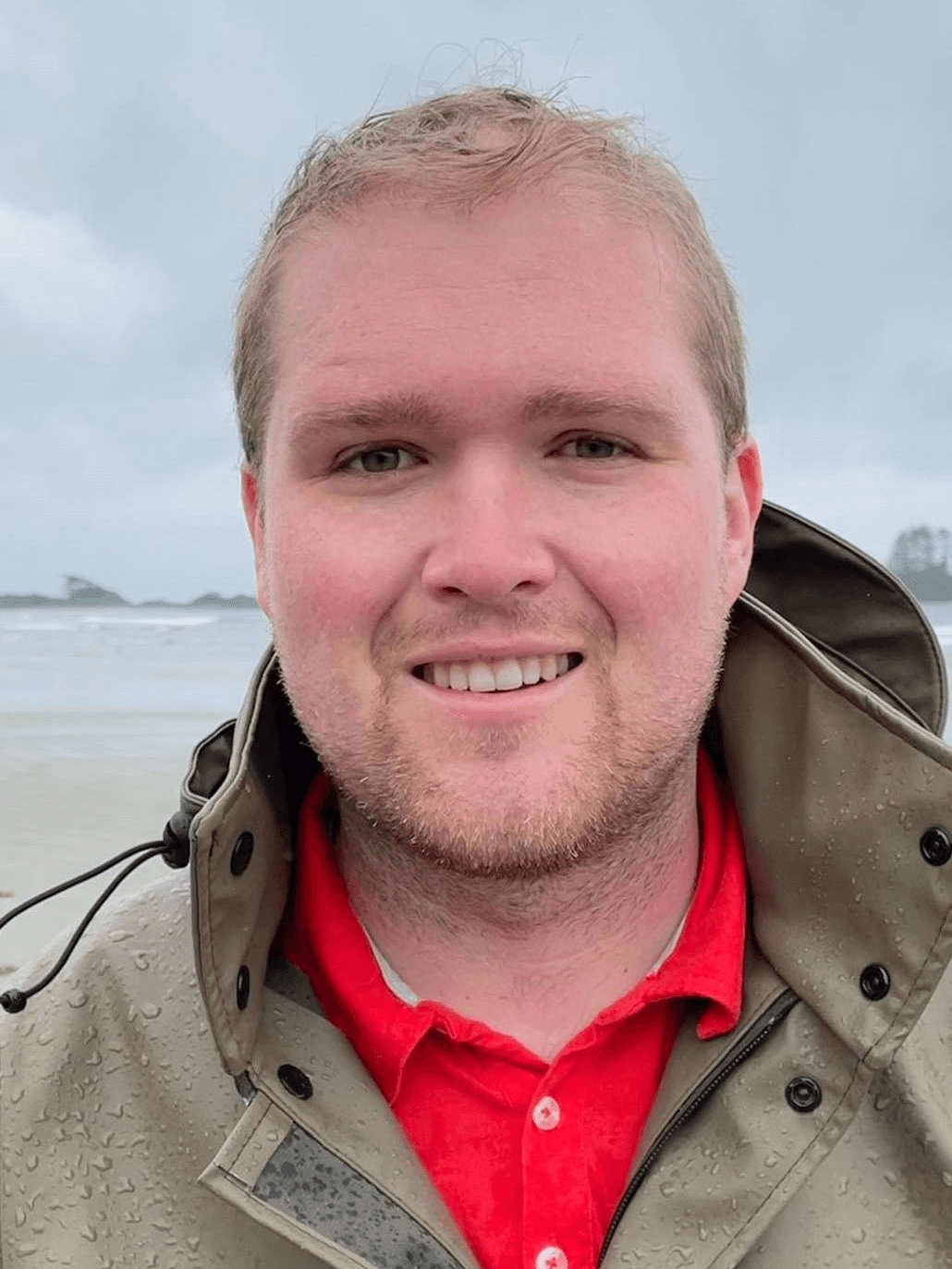
Kiffer Card
Simon Fraser University
Assistant Professor
Frances Chen
University of British Columbia
Associate Professor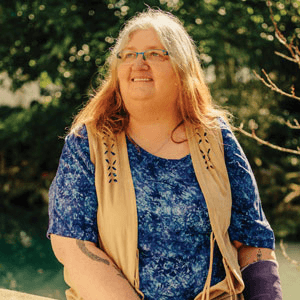
Valerie Nicholson
Simon Fraser University
Indigenous Elder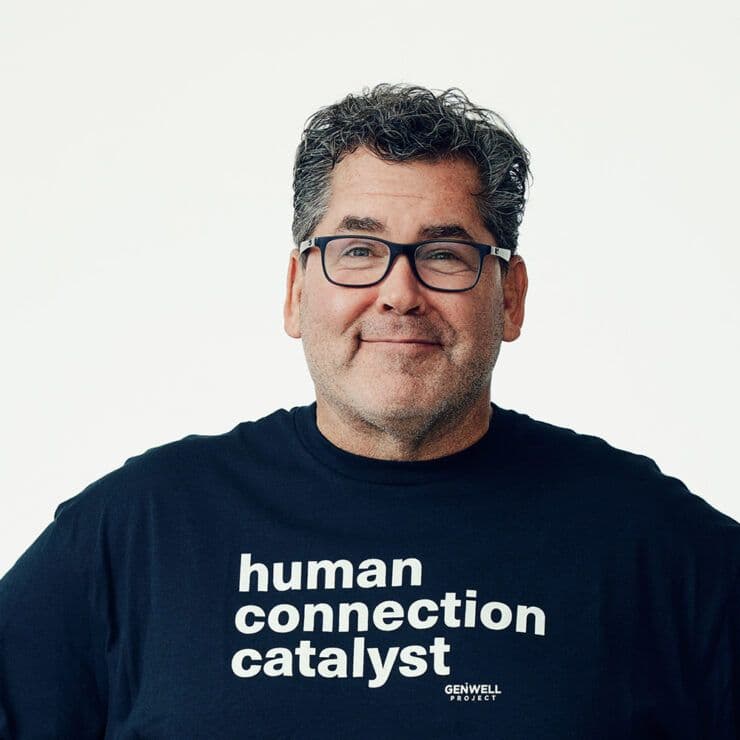
Pete Bombaci
GenWell
Executive Director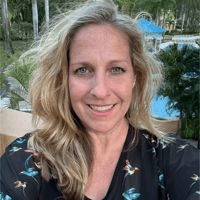
Amy MacFarlane
Recreational Respite
CEO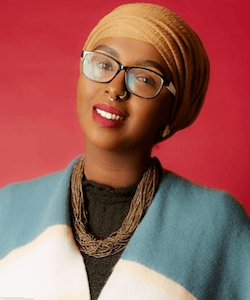
Dahabo Ahmed-Omer
Black North Initiative
Executive Director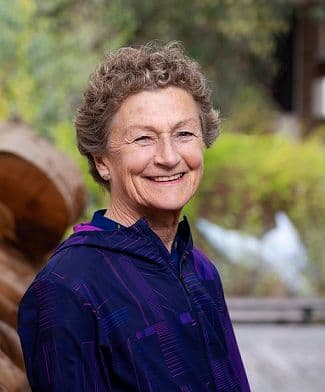
Cecilia Benoit
University of Victoria
Professor Emerita
Robert J. Coplan
Carleton University
Chancellor's Professor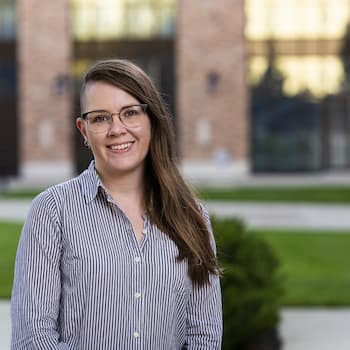
Erin Dej
Wilfrid Laurier University
Associate Professor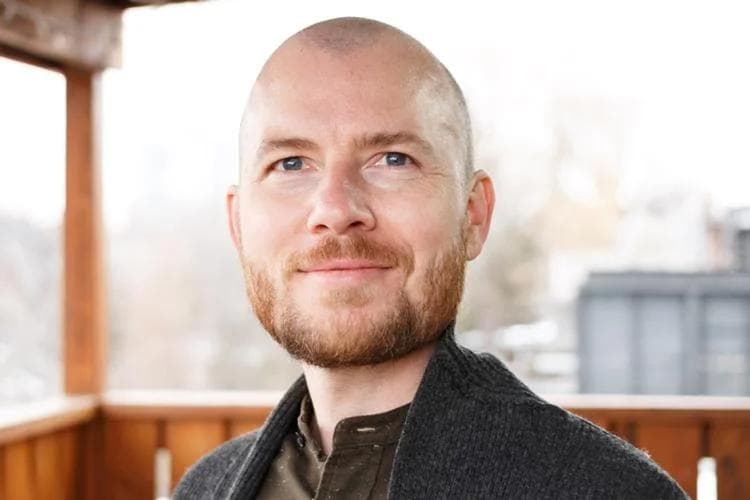
Adam Frost
University of Toronto
Post-doctoral Fellow
Peter Helm
Montana State University
Assistant Professor
Jody Jollimore
Community-based Research Centre
Executive Director
Miriam Kirmayer
Clinical Psychologist
Private Practice
Kwame McKenzie
The Centre for Addiction and Mental Health
Senior Scientist and Director of Health Equity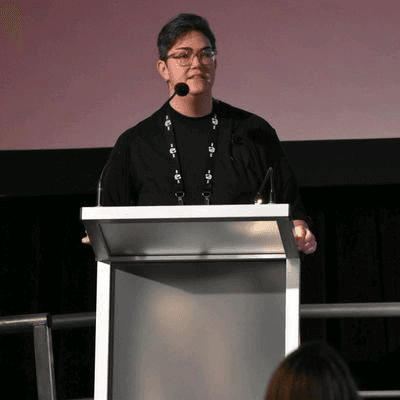
Kate Mulligan
University of Toronto
Assistant Professor
John Oliffe
University of British Columbia
Professor
Elizabeth Pinel
University of Vermont
Professor- S
Stephanie Priest
Mental Health and Wellbeing Division, Centre for Health Promotion at Public Health Agency of Canada
Executive Director 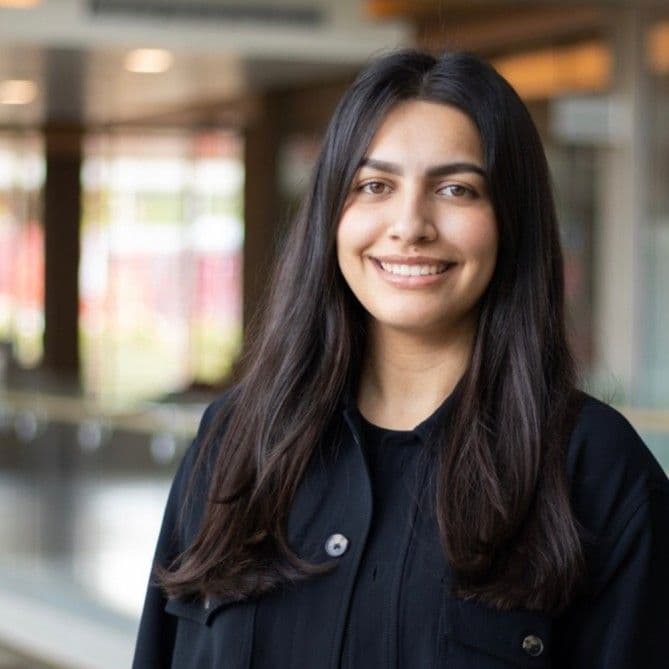
Shabnam Raufi
Simon Fraser University
Research Assistant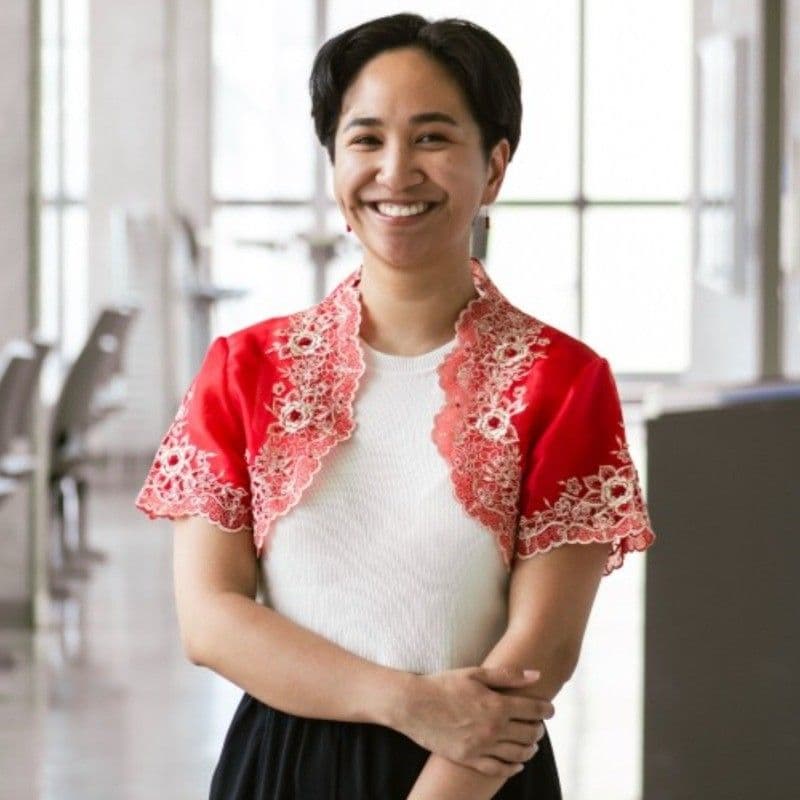
Jocelle Refol
Simon Fraser University
Research Coordinator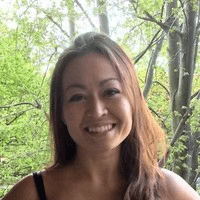
Charlotte Roddick
University of British Columbia
Researcher
Shayna Skakoon-Sparling
University of Guelph
Assistant Professor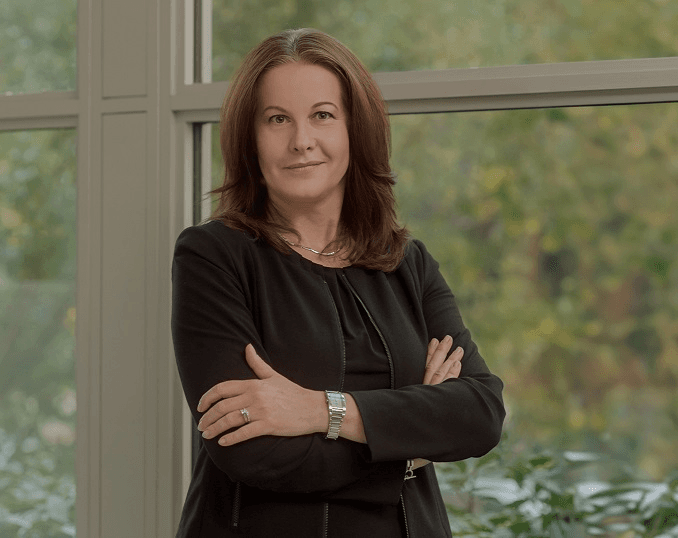
Olga Stachova
MOSAIC
Executive Director
Contact us
Whether you have questions about our guidelines, suggestions for improvement, or would like to explore collaboration opportunities, we’re here to listen. Our team is eager to share more about our initiatives and work together to foster a supportive community that prioritizes well-being and connection.
Please feel free to reach out using the contact information below.
8888 University Drive
Burnaby, BC
V5A 1S6
